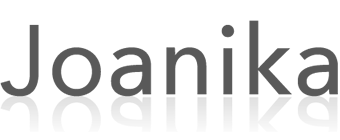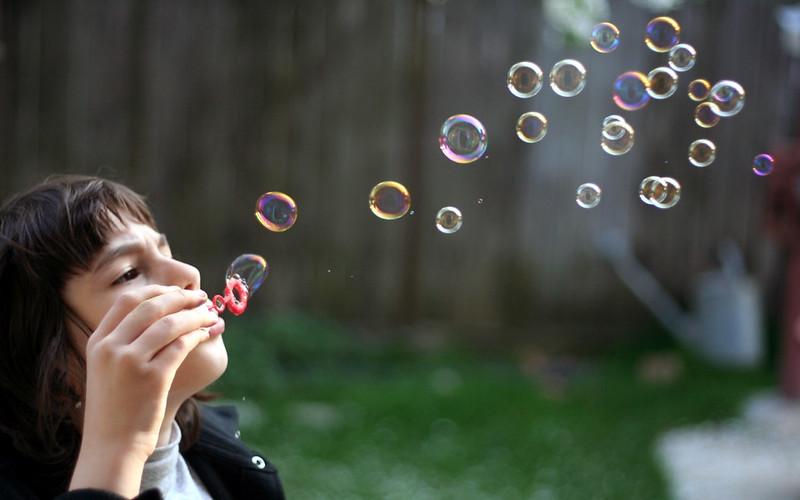Het horen was niet moeilijk, maar het luisteren is het probleem. Hearing isn’t difficult, but listening that’s the problem.
Maar nu eindelijk (hè, hè) begin je open te staan, je stelt je kwetsbaar op. Je denkt niet meer zoveel, je kijkt meer. Je gaat kijken hoe je geheugen werkt, of de dingen waarover je kan denken ook écht oud zijn. Je leert af te gaan op je eigen ervaringen, je gaat zien dat wanneer je wakker wordt Jij, (Bewustzijn) er eerst bent, en daarna pas de wereld tegelijk met de ‘ik-gedachte’. Je ontwikkelt inzicht in de structuur van de tijd. Je gaat daadwerkelijk zien dat je constant met het verleden en de toekomst bezig bent. Je krijgt het bewijs in handen, je bent ontspannen wanneer je de toekomst en het verleden laat voor wat ze zijn, luchtbellen. Uiteindelijk lost de identificatie met het lichaam en het geloof in de persoon voorgoed op.
Uit het boek: “Bewustzijn. Zoek jij ook iets?” – fragment 323
foto: diana Mârgârit
But now, at last, you begin to open up and you adopt a vulnerable position. You do not think all that much anymore but instead start looking around you more and more. You want to see how your memory works or if the things you think about are truly old. You learn to rely on your own experiences. You see that when you wake up in the morning you are the first one there and following that the world enters simultaneously with the “I- thought”. You develop insight into the structure of time; it dawns on you that you are constantly busy with the past and with the future. You find proof for the fact that you are relaxed when you leave the past and the future for what they are, nothing but air-bubbles. Ultimately the identifica- tion with the body and the belief in the person dissolve for good.
From the book: “Consciousness” – fragment 323
photo: Diana Mârgârit



